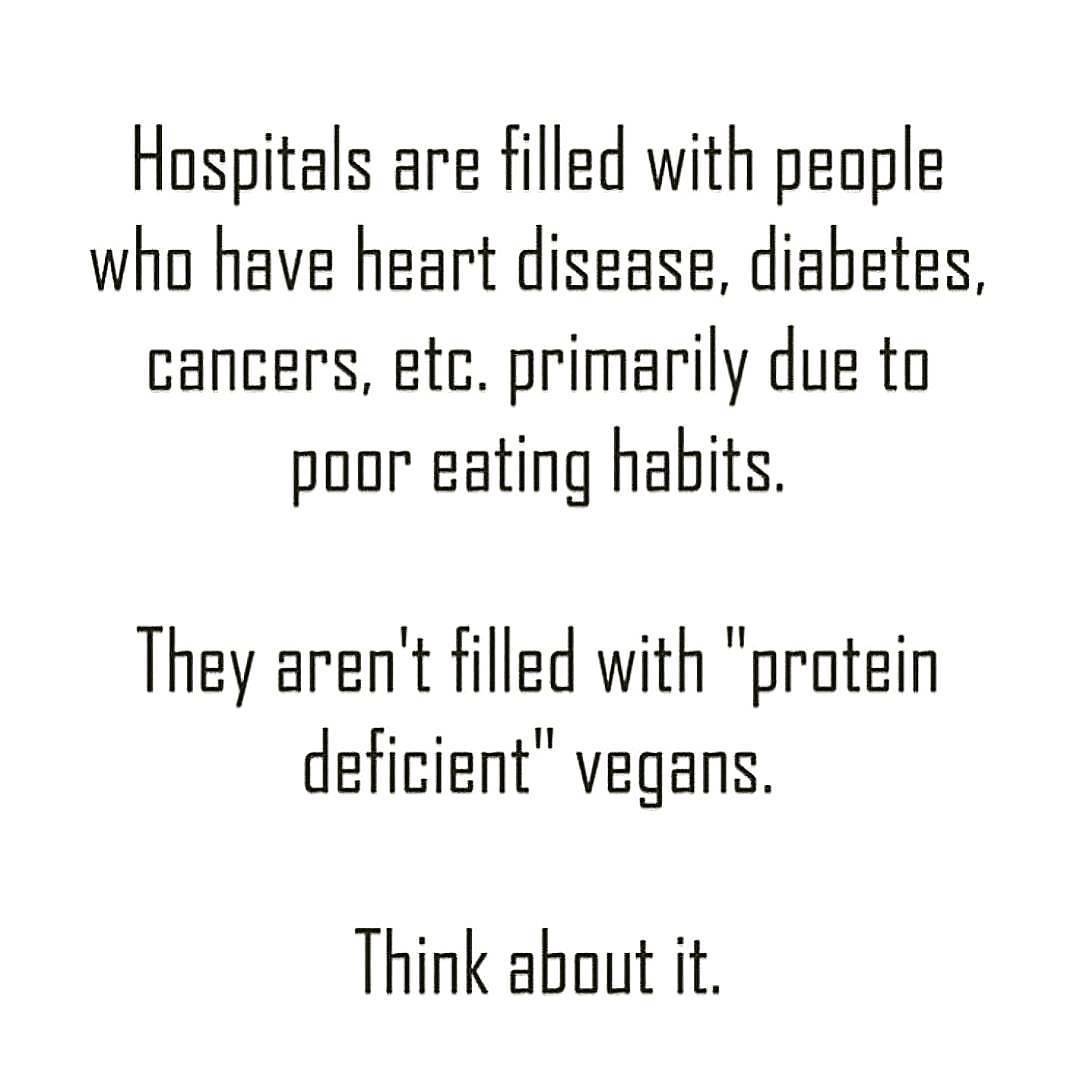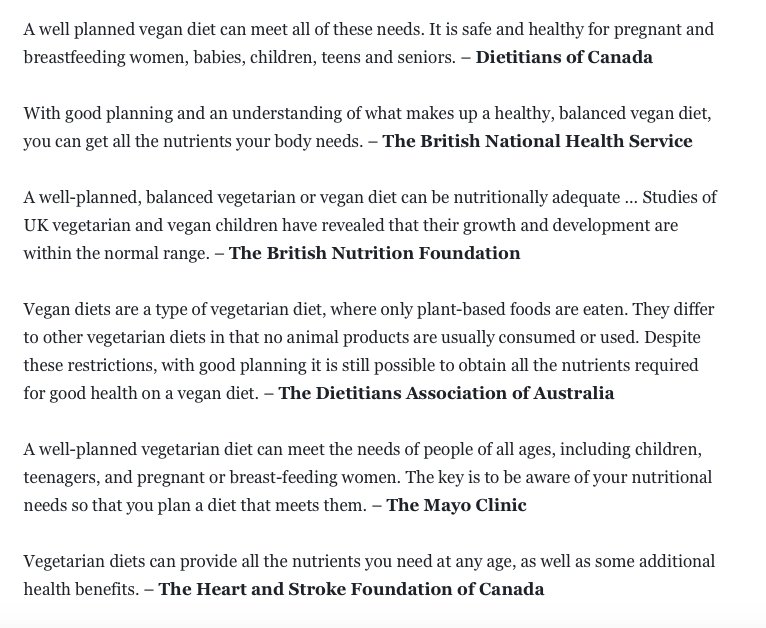"Where do you get your protein?"
This is a question every vegan, or just a person adhering to a plantbased diet, will hear at least once, if not so much their superior oblique muscles will get a thorough workout from all the eye-rolling 🙄
To answer this question, we first need to have an understanding of what protein is.
What is protein?
Protein is found throughout the body, in virtually every body part or tissue. At least 10,000 different proteins make you what you are and keep you that way.
What is a protein made of?
Protein is made from 20+ basic building blocks called amino acids.
Our bodies can make them in two different ways: either from scratch or by modifying others. There are 9 amino acids; histidine, isoleucine, leucine, lysine, methionine, phenylalanine, threonine, tryptophan, and valine that are known as essential amino acids meaning our bodies can’t make them; and so, they are essential to get from our diet, but other animals don’t make them either. All essential amino acids originate from plants (and microbes), and all plant proteins have all essential amino acids.
Six other amino acids are considered conditionally essential in the human diet, meaning their synthesis can be limited under special pathophysiological conditions, such as prematurity in the infant or individuals in severe catabolic distress. These 6 are arginine, cysteine, glycine, glutamine, proline, and tyrosine. These are also readily available in plant foods.
"Complete protein"
This fallacy was refuted decades ago. The myth that plant proteins are incomplete, that plant proteins aren’t as good, that people have to combine proteins at meals have all been dismissed by the nutrition community as myths decades ago.
Our body maintains pools of free amino acids that it can use to do all the combining for us and is very effecient protein recycling so our body can mix and match amino acids to whatever proportions we need, whatever we eat.
The only truly “incomplete” protein in the food supply is gelatin, which is missing the amino acid tryptophan. So, the only protein source that you couldn’t live on is Jelly (Jell-O) - so plant-based consumers do not need to be at all concerned about amino acid imbalances.
How Much Protein Do I Need?
The National Academy of Medicine recommends that adults get a minimum of 0.8 grams of protein for every kilogram of body weight per day. If you weigh 70kg for example you need 56g of protein.
If you want to eat more protein as an athlete or bodybuilder this is easily achievable - most people in the west consume far more than the Recommended Daily Allowance (RDA) for protein including adherents to plantbased diets.
If a person is consuming enough calories, protein deficiency would take significant planning and effort because every food contains some protein - with the exception of refined oils and sugar which have had the protein removed in the refining process.

There are plenty of plant foods that have a lots of protein: Beans, peas, lentils, peanut butter, quinoa, and many other veggies, nuts, seeds, and grains.
There are also plenty of meat substitutes and soy foods even higher in protein: Tofu, tempeh, textured vegetable protein (TVP), seitan, and “mock meats.”
There are also vegan protein powders often based on pea protein for those interested in joining the ranks of great vegan athletes.
What do I say to those that ask?
- "What about your fibre?" 🧐
- "Food" 😐
- "I don't, I died years ago" 👻
- "Beans, nuts, grains, veg" 🤓
- "I swallow it" 😜
- "I worship Seitan" 😈
Or just show them this summary of statements by reputable health and dietic associations:

All Rights Reserved.